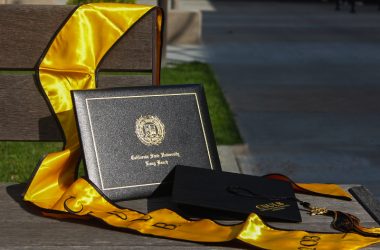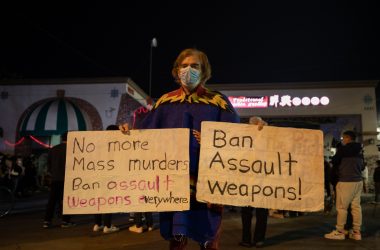Rick Warren is one of the most successful reverends in America. He is the founder of the 22,000-member Saddleback church in Lake Forest, Calif., and is the author of the blockbuster spiritual guide, “The Purpose Driven Life,” which has sold more than 25 million copies to date. He is a philanthropist at heart, and many would call Warren the Oprah of Christianity.
But for tens of thousands of ministers, Warren will be remembered for something else. He will be remembered as the man who fought over the most valuable tax break for all ordained clergy members of all faiths: an exemption from federal taxes.
Specifically, for money spent on housing, which represents about a third of their compensation. Warren argued that the tax break would benefit the poorly paid members who service society. Luckily for him, there was army backing him up that ultimately included both houses of Congress and the president.
But what did Pastor Warren want, exactly? Well, according to an Oct. 11 article in the New York Times, the deduction is usually called the “parsonage exemption.” It is for ministers, rabbis and other clergy members of all faiths working at houses of worship. It allows them to live in congregation-owned housing without being taxed on the imputed value of their free housing, as almost all other employees are when they live in company-paid housing.
The problem was that their homes were costing too much money, and the IRS was threatening to take away their property away. So Warren fought hard for four years, and finally, in May of 2000, the IRS changed its rules, allowing the clergy to deduct “the amount used to provide a home,” however much that may be.
But the story doesn’t end there. Later, the IRS went to the U.S. Court of Appeals, and raised an unexpected question: Is the tax break constitutional? Or does it put the clergy on a pedestal, violating the First Amendment? Let the separation of church and state drama begin.
Many believe that the tax cut is unfair, and it has been struck down as unconstitutional in at least five states. The tax break is purely for religious communities, while others – such as secular nonprofit organizations, poorly paid inner-city teachers and day care workers, all underprivileged civilians who service our society, obtain none of the benefits.
Not even those involved in humanitarian work are able to obtain any kind of tax break whatsoever. “Action Against Hunger U.S.A,” which is based in New York, finances relief programs in Africa. Its director, Cathy Skoula, pays taxes on her entire salary, including what she spends on housing.
So does Lawrence Rosenblatt, the executive director of the “Bowery Residents’ Committee,” which provides food, shelter and counseling to sick, needy people in Lower Manhattan.
It is outrageous that religious ministries are granted a tax break when others so desperately need it in other communities around this country. Why should clergymen be exempt when every other civilian must pay? Where did the separation of church and state go?
In the end, one can only hope that the “little people,” the day care workers and inner-city school teachers get their voices heard. Because only the truly needy should get any special treatment from our government. No one else.



